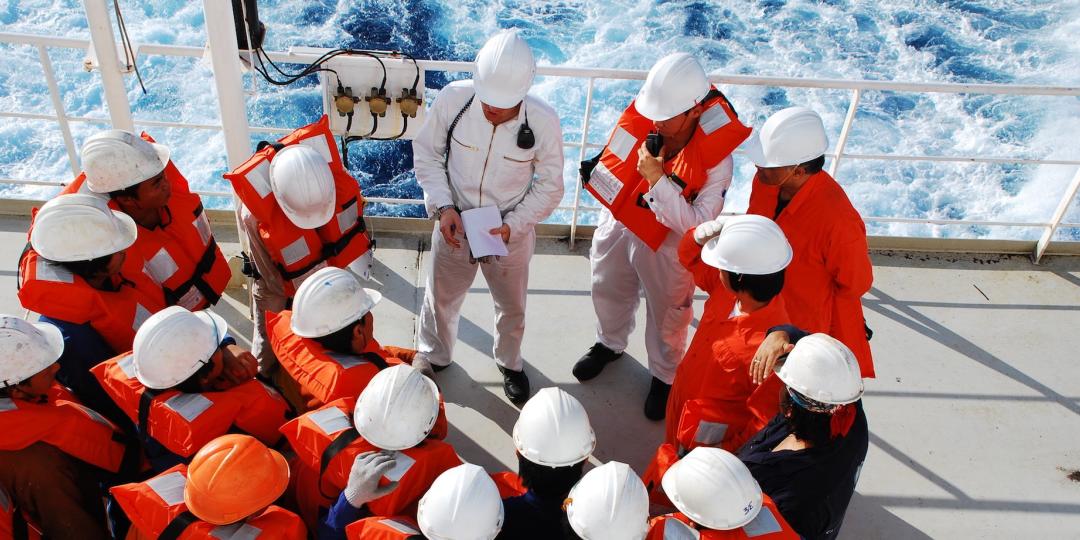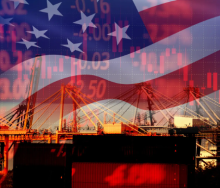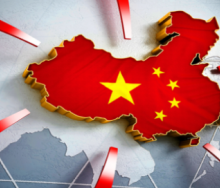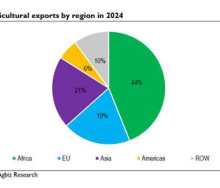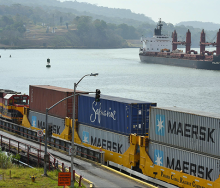A new Action Plan, launched at COP 27 by UN organisations, shipowners and unions, sets out recommendations to upskill seafarers to meet shipping’s decarbonisation goals.
The plan is in response to findings from new research, the modelling of which cautions that as many as 800 000 seafarers will require additional training by the mid-2030s.
Currently accounting for 3% of global emissions, shipping needs to transition away from conventional fuels towards alternative low- and zero-carbon fuels and technologies to meet the world’s target of keeping global warming to 1.5C or less by 2050.
The three emission-reduction scenarios assessed in the research highlight an immediate need to start putting the training infrastructure in place, to ensure hundreds of thousands of the world’s nearly two million seafarers are upskilled and empowered through the transition, according to a statement released yesterday.
Findings also suggest that a lack of certainty on alternative fuel options is having knock-on effects for seafarer training, as the global maritime community works towards a clearer decarbonisation pathway in a post-fossil fuel era.
The research was conducted by maritime consultancy DNV and commissioned by the Maritime Just Transition Task Force Secretariat which was formed to ensure that shipping’s response to the climate emergency puts seafarers and communities at the heart of the solution.
In response to the training challenge that the modelling lays bare, the Action Plan makes the following recommendations for industry, governments, seafarer unions and academia (including training providers):
Strengthening global training standards
- Ensuring a health-and-safety-first approach
- Establishing advisory national maritime skills councils
“Climate action focused on people and job creation must be at the core of a Just Transition to Net Zero. This new paper highlights that aligning with a 1.5C trajectory requires action now to support the upskilling of the maritime workforce as the shipping industry moves to rapidly cut its greenhouse gas emissions. The action-plan represents a global first - it marks the first business sector uniting in a tripartite framework - shipowners, seafarers’ unions and UN organisations - to discuss how to secure a Just Transition together,” said Sanda Ojiambo, assistant secretary-general and CEO of the UN Global Compact.
